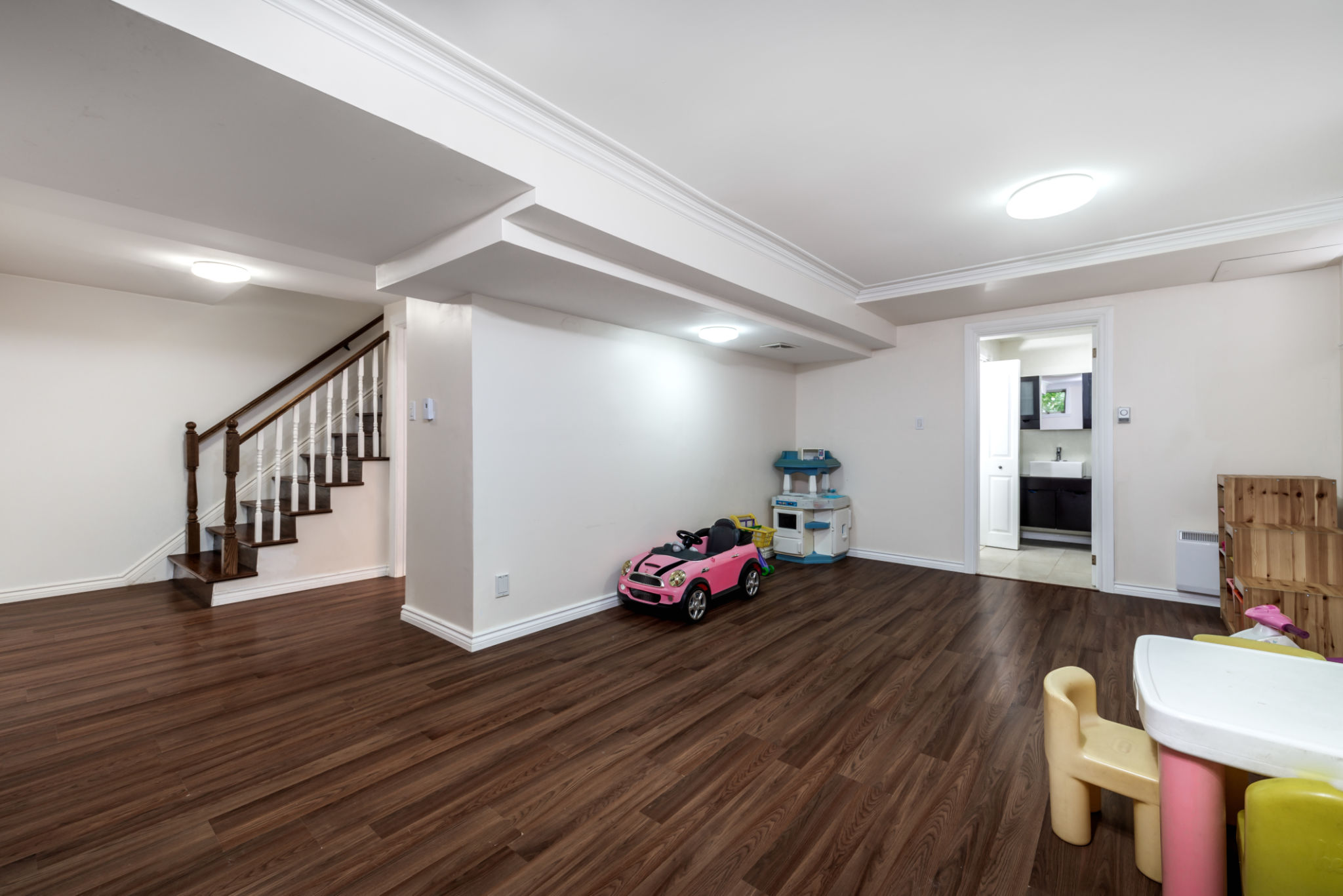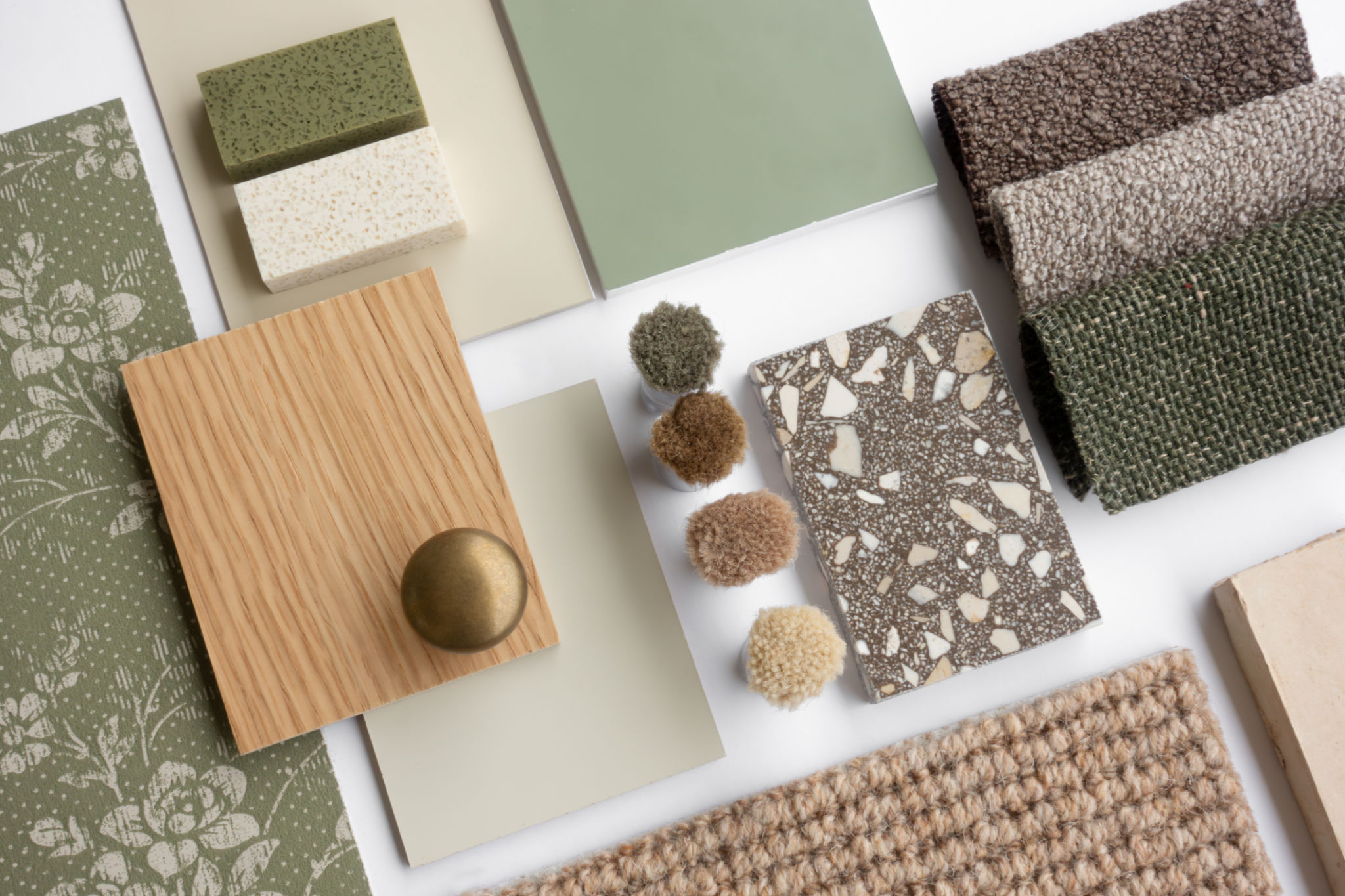Basement Flooring Options: Comparing Costs, Durability, and Style
CR
Introduction to Basement Flooring
Choosing the right flooring for your basement can be a daunting task given the variety of options available. Basements present unique challenges such as moisture, temperature fluctuations, and limited natural light, which can affect your flooring choice. In this guide, we'll explore various basement flooring options, comparing their costs, durability, and style to help you make an informed decision.

Cost Considerations
The cost of basement flooring varies widely depending on the material you choose. Generally, the price range can be broken down as follows:
- Vinyl Flooring: Typically ranges from $2 to $5 per square foot.
- Laminate Flooring: Costs between $3 and $7 per square foot.
- Ceramic Tile: Priced from $4 to $10 per square foot.
- Carpet: Varies from $1 to $5 per square foot.
- Engineered Wood: Starts at about $4 and can go up to $12 per square foot.
While budget is a crucial factor, it's important to balance cost with other aspects such as durability and style.
Durability and Maintenance
Basements are prone to moisture issues, making durability an essential consideration. Here's how different materials stack up:
- Vinyl Flooring: Highly resistant to water and stains, making it an excellent choice for basements.
- Laminate Flooring: Offers moderate water resistance but may warp if exposed to excessive moisture.
- Ceramic Tile: Extremely durable and water-resistant, though grout lines may require sealing.
- Carpet: Provides warmth but can absorb moisture, which may lead to mold or mildew if not managed properly.
- Engineered Wood: More moisture-resistant than solid wood but still requires a controlled environment.

Style and Aesthetic Appeal
The style of your basement flooring will largely depend on personal preference and how you intend to use the space. Some options offer more versatility in design:
- Vinyl Flooring: Available in a wide range of colors and patterns, including options that mimic wood or stone.
- Laminate Flooring: Offers a realistic wood appearance at a lower cost but with less warmth than real wood.
- Ceramic Tile: Comes in various designs, from traditional to modern, with endless color combinations.
- Carpet: Offers a cozy feel with numerous color and texture choices, though it may not suit all basement uses.
- Engineered Wood: Provides a classic aesthetic with the natural beauty of wood grain.

Environmental Considerations
If sustainability is a priority, consider the environmental impact of your flooring choice. Many manufacturers offer eco-friendly options:
- Cork Flooring: Made from renewable resources and offers natural warmth and comfort.
- Bamboo Flooring: Another sustainable option known for its strength and stylish appearance.
Selecting environmentally friendly materials not only benefits the planet but can also improve indoor air quality.
Conclusion
Choosing the right basement flooring involves balancing cost, durability, style, and environmental impact. By considering these factors, you can select a flooring option that meets your needs while enhancing the overall function and appearance of your basement. Whether you opt for the practicality of vinyl or the elegance of engineered wood, each choice offers unique benefits that can transform your basement into a functional and inviting space.
